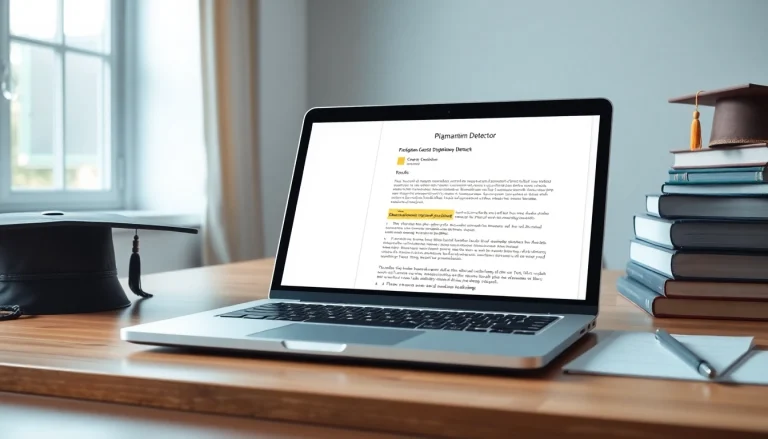
Understanding the Level 5 Diploma in Leadership and Management for Residential Childcare
The level 5 diploma in leadership and management for residential childcare answers is an essential qualification for those looking to take on leadership roles in the residential childcare sector. This diploma equips learners with the essential skills and knowledge required to manage teams and provide high-quality care environments for children and young people in a residential setting.
What is the Level 5 Diploma?
The Level 5 Diploma in Leadership and Management for Residential Childcare is a nationally recognized qualification designed for those in managerial positions or aspiring to be in such roles within childcare settings. This diploma focuses on the leadership and management skills necessary to navigate the complexities of caring for children and young people who require special care and guidance. Over the course of the program, learners engage with a variety of modules that foster a deep understanding of effective management, team leadership, and operational oversight.
Importance of the Qualification
In today’s rapidly evolving childcare landscape, possessing a Level 5 Diploma is increasingly becoming a prerequisite for managerial roles. This qualification not only enhances employability but also empowers graduates to lead teams, implement best practices in care settings, and adhere to regulatory requirements effectively. Additionally, as policies and child protection laws continue to evolve, this diploma equips childcare professionals with the knowledge to respond appropriately to these changes, ensuring a safe and nurturing environment for children.
Structure of the Programme
The Level 5 Diploma typically comprises various units covering essential aspects of leadership and management. Candidates might expect to study topics such as understanding child development, managing and leading team performance, effective communication, and the legislations surrounding childcare. The program usually adopts a mixture of theoretical knowledge and practical application, ensuring that students can apply what they learn directly within their work environments.
Core Competencies Developed Through the Diploma
Leadership Skills for Childcare Settings
Effective leadership is critical in managing residential childcare facilities. Students learn the importance of motivational leadership styles that foster teamwork and a positive organizational culture. Topics covered could include leadership frameworks, conflict resolution, and strategies to empower and engage staff. The ability to create a supportive environment not only boosts staff morale but also enhances the overall experience for the children under their care.
Management Techniques for Effective Care
This diploma emphasizes practical management skills, including operational oversight, financial management, and staff development. Candidates are exposed to various management approaches that enhance efficiency, streamline workflows, and ensure compliance with regulatory bodies. Learning how to manage resources effectively while maintaining a focus on quality child care is crucial. Course participants are often trained in developing performance metrics, implementing quality assurance processes, and enhancing service delivery.
Safeguarding and Child Protection Practices
Safeguarding children is paramount in any childcare setting. The Level 5 Diploma covers essential topics such as recognizing signs of abuse, understanding legal responsibilities, and implementing safeguarding policies. Learners are trained to navigate sensitive situations with professionalism and care, ensuring that they can protect the children in their care while supporting positive outcomes. Practical case studies may also be utilized to demonstrate best practices in safeguarding.
Assessment and Successful Completion of the Course
Types of Assignments
The assessment structure of the Level 5 Diploma may vary by institution, but it typically involves a combination of written assignments, presentations, and real-life case study analyses. Learners are often expected to complete a series of reflective essays, project proposals, and research assignments that demonstrate their understanding and application of course materials.
Passing Criteria and Evaluation Methodologies
To achieve the diploma, students must meet specific passing criteria set by their educational provider. Generally, grades are based on the quality of assignments, participation in discussions, and practical applications observed during placements or learning modules. Continuous assessment methods may be employed to ensure that students maintain engagement and meet learning outcomes consistently.
Common Challenges and How to Overcome Them
Many learners encounter challenges during their diploma studies, including time management, the complexity of content, and balancing work commitments with academic responsibilities. To overcome these challenges, students are encouraged to utilize effective time management strategies, seek support from peers, and actively participate in study groups or workshops. Additionally, many educational institutions offer resources such as academic tutoring and mentoring to assist students in navigating difficulties as they arise.
Resources and Study Materials for Learners
Recommended Textbooks and Reference Guides
Students pursuing the Level 5 Diploma should seek out textbooks and resources that complement their learning. Recommended materials often include comprehensive guides on childcare laws, best management practices, and leadership theories. Some institutions may provide access to online libraries and databases, which can significantly aid in research and assignment preparation.
Online Courses and Workshops
Supplementing formal education with online courses and workshops can reinforce learning and extend knowledge in specific areas of interest. Numerous platforms offer courses on topics ranging from child psychology to advanced management techniques, allowing students to personalize their educational journeys as they qualify for the diploma.
Finding Peer Support and Study Groups
Connecting with fellow learners can greatly enhance the educational experience. Forming study groups or participating in online forums allows students to share insights, address complex topics, and offer each other support. Engaging in discussions with peers also fosters a collaborative spirit and opens avenues for networking within the childcare profession.
Future Career Opportunities After Completion
Job Roles Available for Graduates
Upon completion of the Level 5 Diploma, graduates can pursue a variety of career paths within the childcare sector. Common job roles may include residential childcare manager, deputy manager, or other leadership positions in childcare organizations. Graduates may also find opportunities within social services, educational institutions, or advocacy organizations focused on children’s rights and welfare.
Long-term Benefits of the Qualification
The benefits of obtaining a Level 5 Diploma extend beyond immediate employment prospects. Graduates often experience enhanced job security, increased earning potential, and greater opportunities for career advancement. Additionally, the skills acquired through the diploma position graduates as leaders who can influence positive change within their organizations and the wider childcare community.
Continuing Professional Development (CPD) Options
As the childcare field is continually evolving, it is vital for leaders to engage in Continuing Professional Development (CPD). Many graduates choose to pursue further qualifications, such as specialized courses in child mental health, educational leadership, or behavior management strategies. Staying current with industry trends and theories is essential for maintaining effective practices and ensuring high-quality care.






